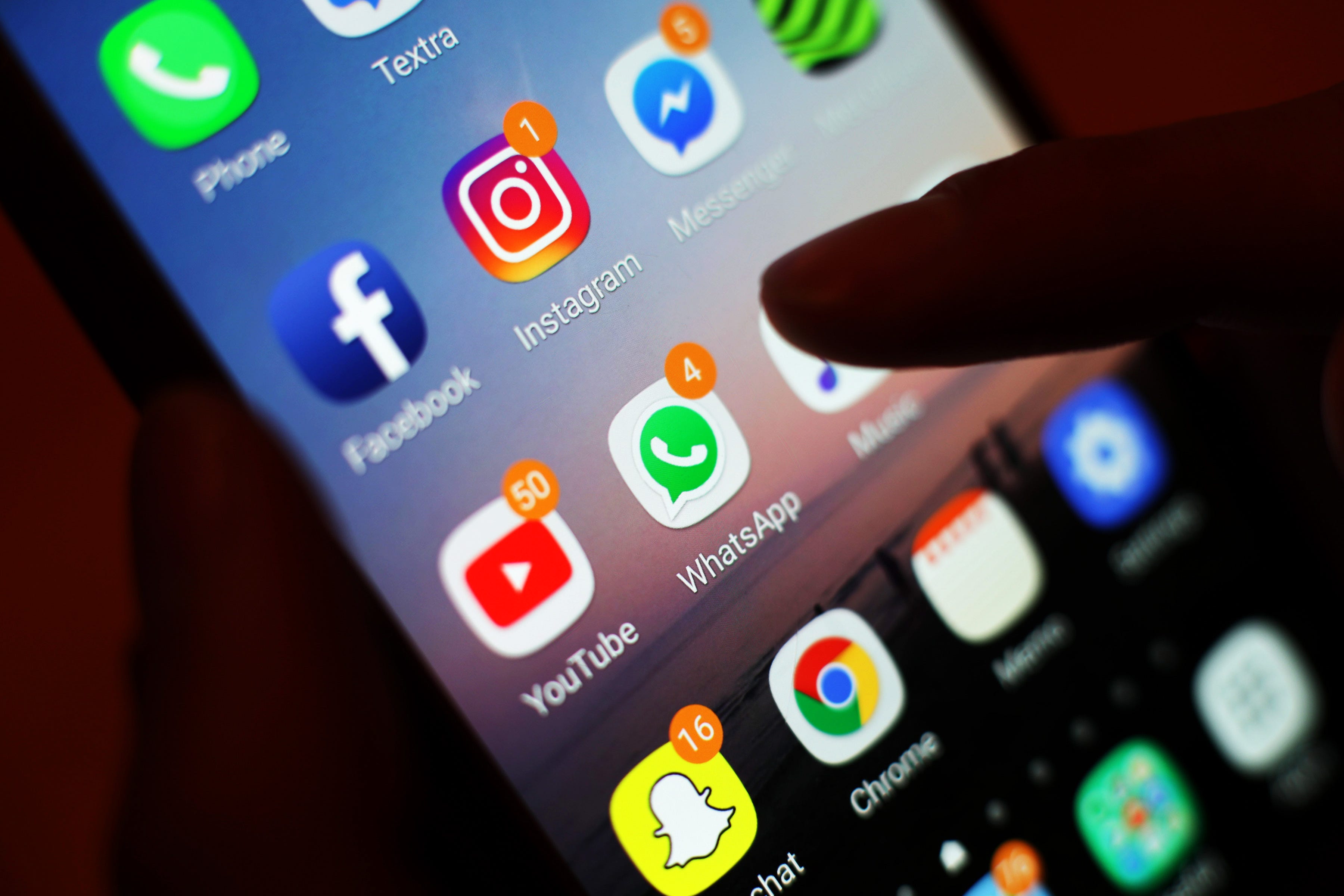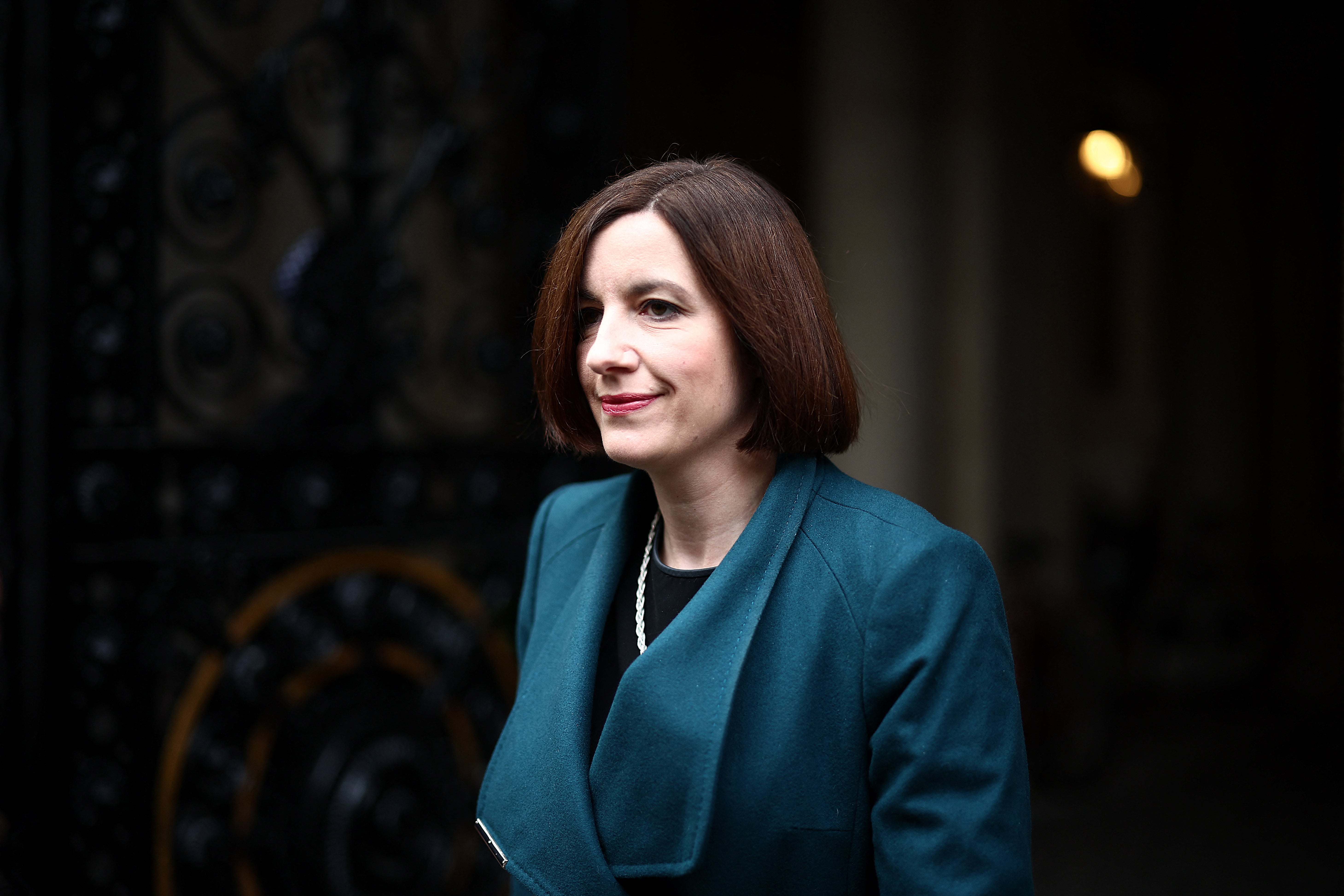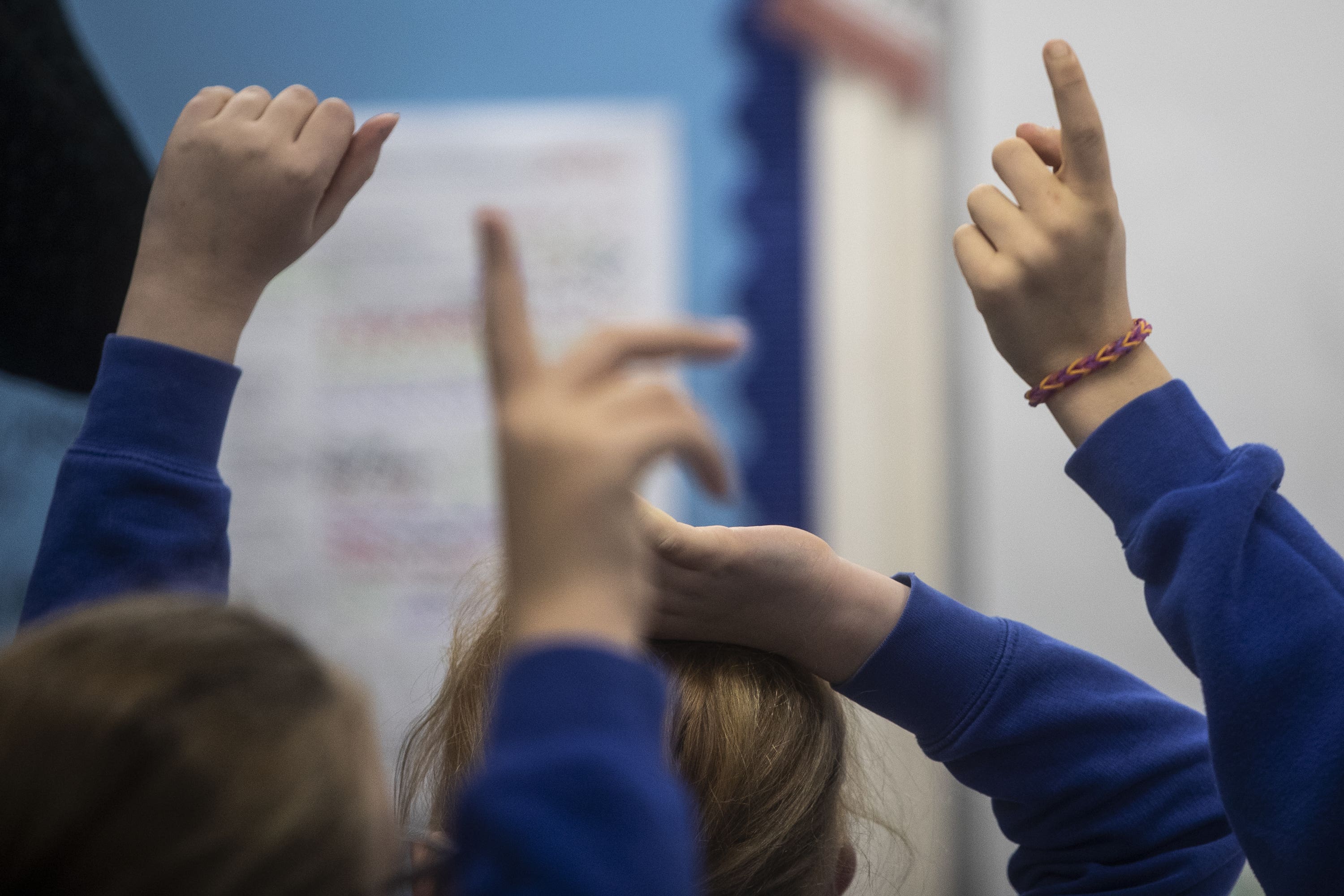Bridget Phillipson urged to take immediate action to curb use of smartphones in schools until age 16
Smartphone Free Childhood said just 11 per cent of schools have effective restrictions in place

Bridget Phillipson has been urged to take immediate action to tackle the use of smartphones by children in schools by a group of educators “deeply concerned” about their impact.
In an open letter to the education secretary, 30 education leaders said there is clear evidence that “children at smartphone-free schools do better”, urging her to put in place effective restrictions on their use.
The letter said: “Pupils achieve GCSE results 1-2 grades higher on average than those with more permissive policies. Studies show that results of disadvantaged and underachieving pupils improve fastest when a school removes smartphones.”
Campaign group Smartphone Free Childhood has encouraged all schools to restrict the use of mobiles by putting them in lockers or similar, demanding the government to commit funding to support schools which wish to do so.

Clare Fernyhough, co-founder of the campaign group, said schools are facing an “urgent situation” and warned the UK will fall behind if it fails to implement further restrictions.
They have suggested the use of lockers or pouches for phones up until the end of key stage 4 when children reach age 16.
She said: “We have been inundated with stories from teachers grappling with the effects of smartphones, from distraction in lessons to cyberbullying and sharing of inappropriate content.
“It’s not fair for heads to have to tackle this issue alone. At a time when countries across Europe are strengthening their restrictions around smartphones, further delay from the government would make the UK look increasingly behind.”
In February, the previous Conservative government published guidance urging schools to prohibit the use of mobile phones during the day.
But Smartphone Free Childhood said only 11 per cent of schools in the UK have effective restrictions in place.
When the government guidance was introduced, Ms Phillipson denied that intervention on the issue was necessary.

The then shadow education secretary said: “This is a rehashed announcement that ignores the fact that most schools have already banned phones from classrooms – the Conservative Government’s own guidance admits that further government intervention isn’t even necessary.
“This is just more evidence of a dying Conservative government yet again scraping the bottom of the policy barrel and that is silent on the challenges facing our schools from persistent absence, crumbling concrete buildings and rampant mental ill health among young people.”
But Damian McBeath, principal at The John Wallis Academy in Ashford, Kent, said effective restrictions on smartphones have “transformed our school community”.
He said the school has seen 40 per cent fewer detentions in the last six months, as well as 80 per cent fewer incidents of students truanting from lessons.
He added: “The reports of online abuse and cyberbullying are at a five-year low and we have seen a noticeable dip in safeguarding concerns.
“In surveys, staff are reporting a significant shift in behaviour around school and the attention of pupils. Children are more engaged in lessons and more sociable with their friends. Staff are able to focus on teaching and nurturing our students. All round, our school is a much happier place to be.”
Mr McBeath said staff turnover has also decreased as a result of the policy, claiming turnover has decreased by more than 10 per cent in the last year.
The Department for Education has been contacted for comment.
Join our commenting forum
Join thought-provoking conversations, follow other Independent readers and see their replies
Comments
Bookmark popover
Removed from bookmarks